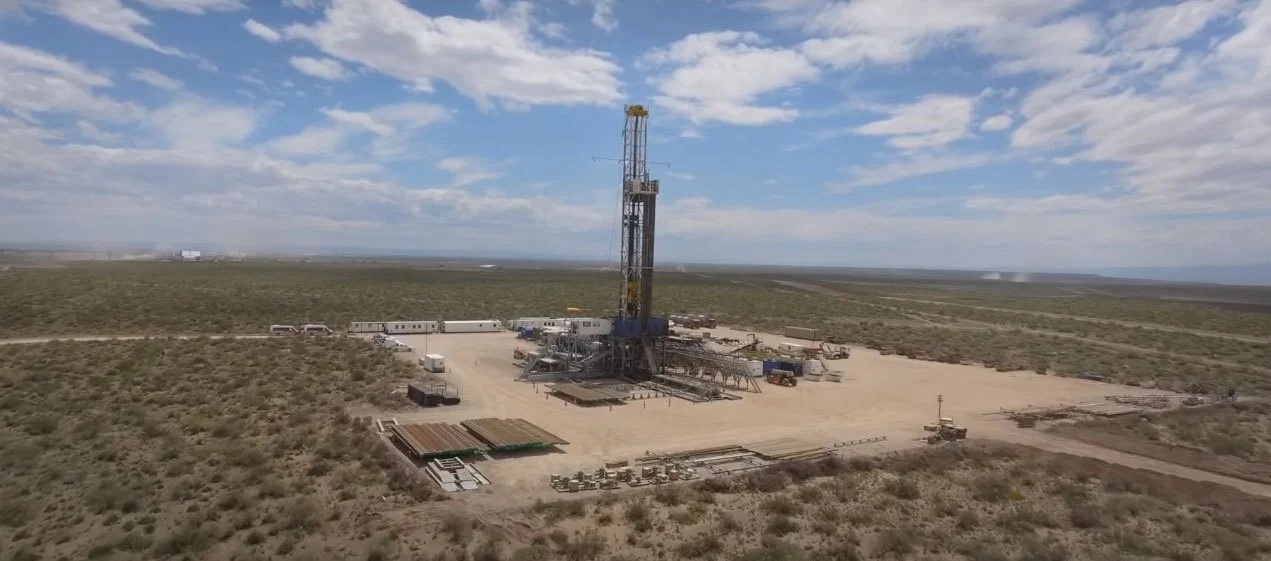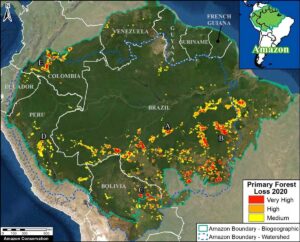
(Argus, 21.Apr.2021) — Argentina’s shale oil and gas production is starting to decline and fuel shortages are worsening because of prolonged roadblocks by healthcare workers in Argentina’s southwestern province of Neuquen.
The blockades, which started on 7 April and now number around 30, have led to production losses of some 2mn m3/d of gas and 5,000 b/d of crude, according to the workers of one oil company operating in the area. The numbers are expected to grow as the blockades continue, they warned.
The expanding roadblocks have paralyzed around 45 rigs, including drilling and fracturing equipment, and led to an accumulated economic loss for the sector of $25mn, according to industry estimates.
The protests now pose a risk for oil companies as they work to fulfill supply commitments under a new gas subsidy scheme designed to meet wintertime demand.
Industry executives had already complained the subsidy scheme was launched too late, given them a narrow window to boost output.
A supply shortfall could force the government to curtail gas to industry to meet residential demand, and increase imports of liquid fuels and LNG to top off domestic output.
Among the oil companies that operate in Neuquen’s Vaca Muerta shale formation are Argentina’s state-controlled YPF, Chevron, Shell, Total and local firms Tecpetrol and Pampa.
The labor union of private oil workers of Neuquen, Rio Negro and La Pampa, the largest oil union in the region, is seeking a court injunction that would allow workers to enter and exit the acreage.
Downstream, some 70 service stations in Neuquen and neighboring Rio Negro province are short of fuel because the roadblocks are hindering distribution.
Argentina’s state-controlled YPF’s 25,000 b/d Plaza Huincul refinery in Neuquen is unable to dispatch tanker trucks. That means the company’s service stations in the southern end of the country must travel longer distances, either from the 189,000 b/d La Plata refinery in Buenos Aires province or the 105,000 b/d Lujan de Cuyo refinery in western Mendoza.
Covid pay
The striking healthcare workers are demanding pay increases as the Covid-19 pandemic grows more dire. Last week they rejected the provincial government’s offer of a bonus of 30,000 pesos ($324) in three installments.
Argentina’s hydrocarbons production was already flagging before the protests broke out last month. Crude output averaged 489,344 b/d in the first two months of 2021, down by 5pc from a year earlier, according to energy secretariat data. Gas flow fell by 11pc to 115.3mn m3/d in the same period.
____________________
By Daniel Politi

